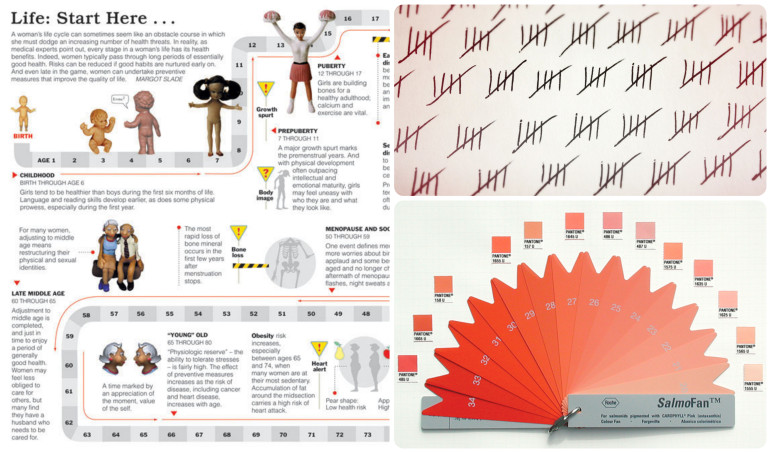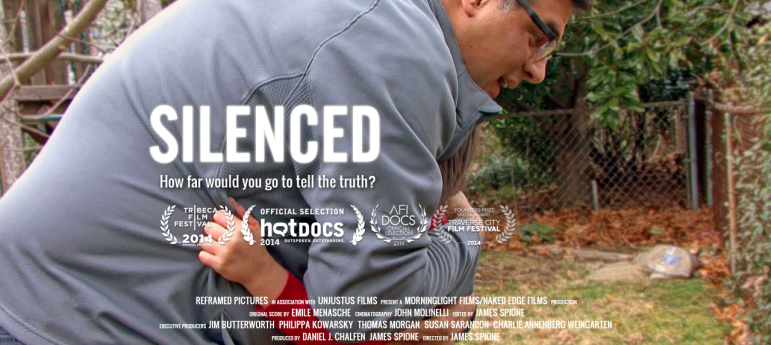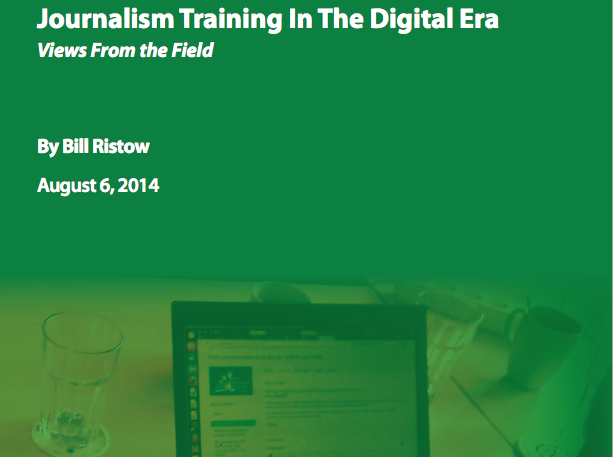
News & Analysis
Media, UNESCO Call for Free Press in Global Development Agenda
Behind the scenes, proponents of freedom of expression are working to ensure that independent media is for the first time a priority in the global development goals set by the UN and its member states. As part of that push, last week more than 300 representatives from media NGOs, journalist unions and associations, civil society groups, governments, and international agencies gathered for The Bali Media Forum organized by UNESCO. The three-day meeting, on August 26-28 in Bali, Indonesia, ended with a clarion call to make access to information and free media a development priority.









